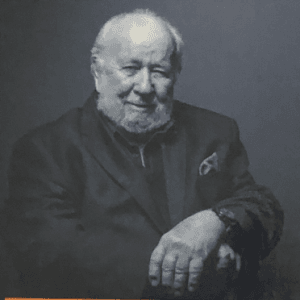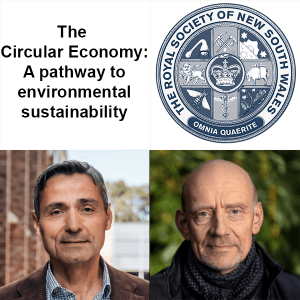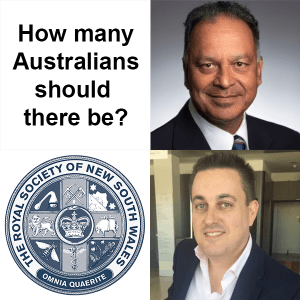 “Using genomics to conserve Australia’s biodiversity”
“Using genomics to conserve Australia’s biodiversity”
Katherine Belov
School of Life and Environmental Sciences
University of Sydney
There was also a 3-minute thesis (3MT) talk: “Pee-cycling: transforming our urine into valuable fertiliser” by Federico Volpin, University of Technology Sydney.
Date: Wednesday 6 March 2019
Venue: Gallery Room, State Library of NSW
In recent years innovations in genomic technologies and the drop in the cost of sequencing has made it feasible to apply conservation genomics techniques to conservation of threatened species. The speaker discussed how we have used genomics data to make informed management decisions for the conservation of two iconic Australian marsupials, the Tasmanian devil and the koala.
The Tasmanian devil, Australia’s largest remaining marsupial carnivore, faces extinction in the wild due to the emergence of a new infectious disease. Devil Facial Tumour Disease (DFTD) is a contagious cancer that is spread as an allograft by biting. The tumour spreads due to low levels of genetic diversity in devil populations plus its capacity to evade the immune system. The disease continues to decimate Tasmanian devil populations, with over 85% of the species already lost. Interestingly, although predicted, extinction has not yet occurred. The speaker discussed the use of genomics and transcriptomics to help us to understand the disease, its evolutionary trajectory and the role of genomics in the quest to save the species from extinction in the wild.
The koala is an iconic Australian animal, famous for their ability to sleep up to 22 hours a day high in eucalyptus trees and subsist on a diet of toxic eucalyptus leaves. Joeys are born after a short pregnancy of only 35 days. Sadly the species is threatened due to heavy exploitation for their pelt, followed by habitat clearing and fragmentation of populations. They also have a chequered history of population management, with extensive translocations resulting in population bottlenecks in southern populations. Significant localised extinctions of koalas are occurring, particularly in South-East QLD and Northern NSW. Recent modelling has shown that the best way to stabilise heavily affected koala populations is to target disease. The speaker discussed the use of genomics data to help understand and manage koala populations through greater understanding of disease, immunity and koala biology, including immunological protection in the pouch and eucalyptus detoxification.
Beyond devil and koala, the speaker talked about the Earth Biogenome project, an ambitious project that aims to sequence the genomes of all eukaryotic life on earth and our role in sequencing the genomes of 50 of Australia’s most endangered species with the specific purpose of providing genetic management advice to conservation agencies.
Professor Kathy Belov is a Professor of Comparative Genomics in the School of Life and Environmental Sciences in the Faculty of Science at the University of Sydney. Kathy’s research expertise is in the area of comparative genomics and immunogenetics of Australian wildlife, including Tasmanian devils and koalas, two iconic species that are threatened by disease processes. Her research team has participated in the koala, opossum, platypus and wallaby genome projects where they have gained insights into genes involved in immunity and defense, including platypus venom genes and novel antimicrobial peptides in the pouch. Kathy has published over 150 peer-reviewed papers, including papers in Nature, Proceedings of the National Academy of Science and PLoS Biology. She has received two Eureka awards, the Crozier medal and the Fenner medal from the Australian Academy of Science for her research. She is currently the immediate past president of the Genetics Society of Australasia and a Fellow of the Royal Society of NSW. Kathy is also the Pro-Vice Chancellor (Global Engagement) at the University of Sydney. In this position she takes responsibility for managing the development and execution of the University’s global engagement strategy. Key priorities are the development of the capacity of academic and professional staff to support international student learning and international research collaborations, and to achieve educational excellence in the international arena. She also promotes the University’s position in the international academic and research community, and identifies and enables strategic opportunities for partnership and collaboration in research and education.
 “Using genomics to conserve Australia’s biodiversity”
“Using genomics to conserve Australia’s biodiversity”





